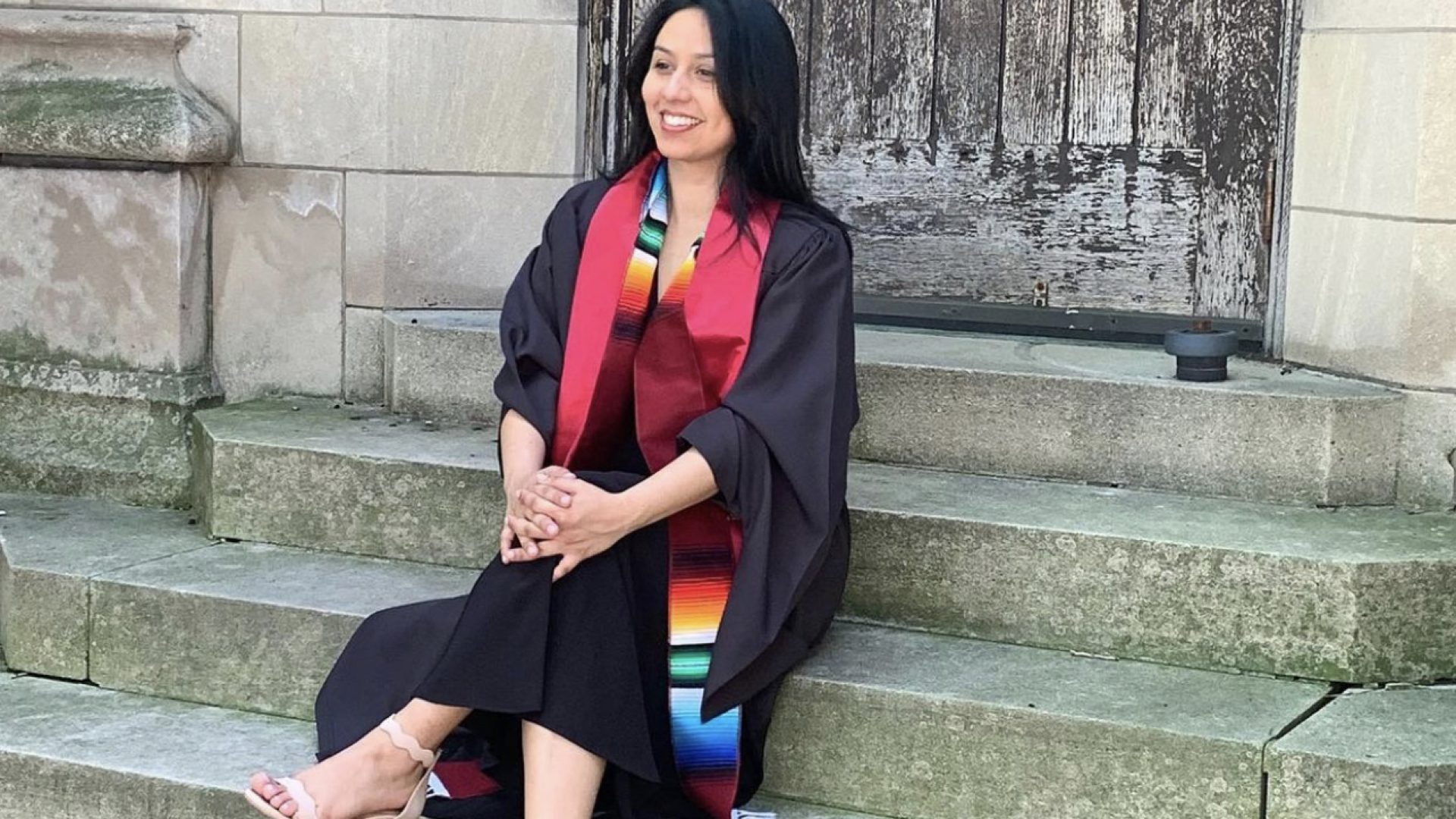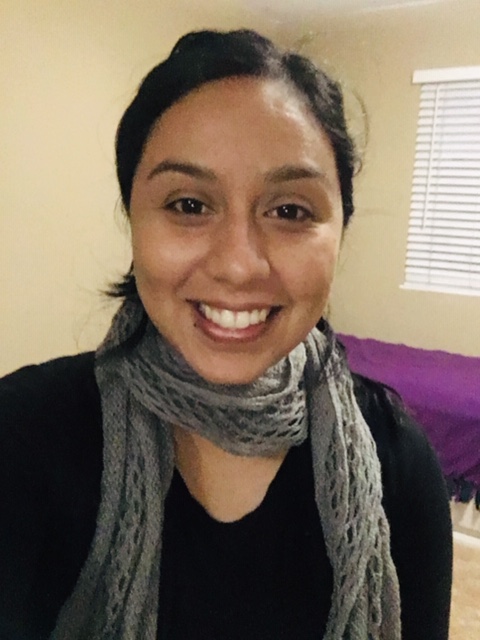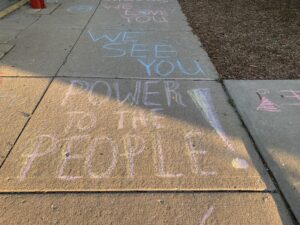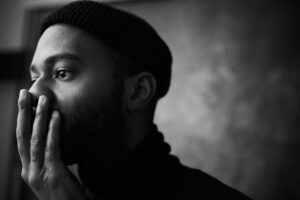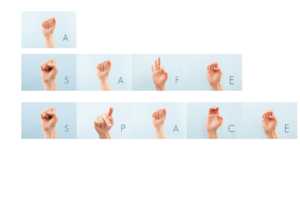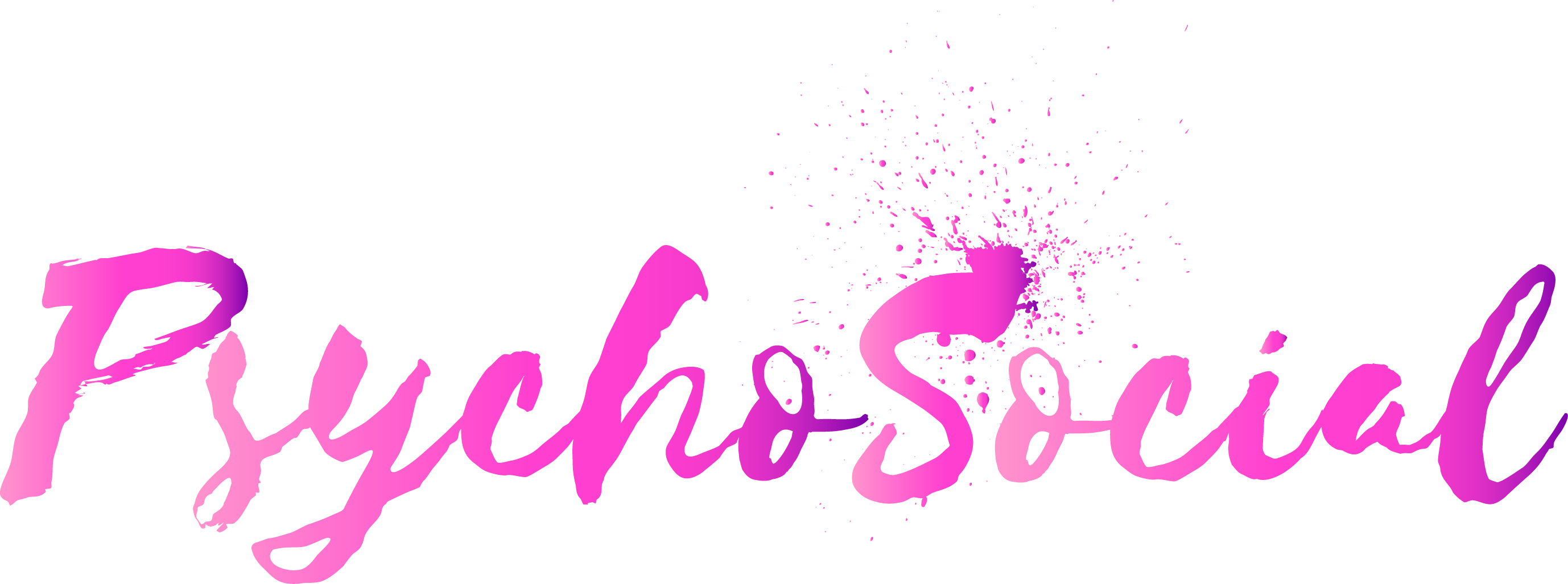Writing this post has been quite challenging because it involves processing trauma which is not always easy. This post is about my experience as a first-generation, low-income student in academia.
At only eighteen years old, I remember arriving at college without knowing much about higher education. I felt out of place and struggled my way through a system that felt foreign and unwelcoming on so many levels. I remember sitting in my freshman class and thinking, “okay! I got this,” but little did I know that the level of preparedness I received in high school would not be sufficient enough to get me through the academic hurdles that I was about to encounter.
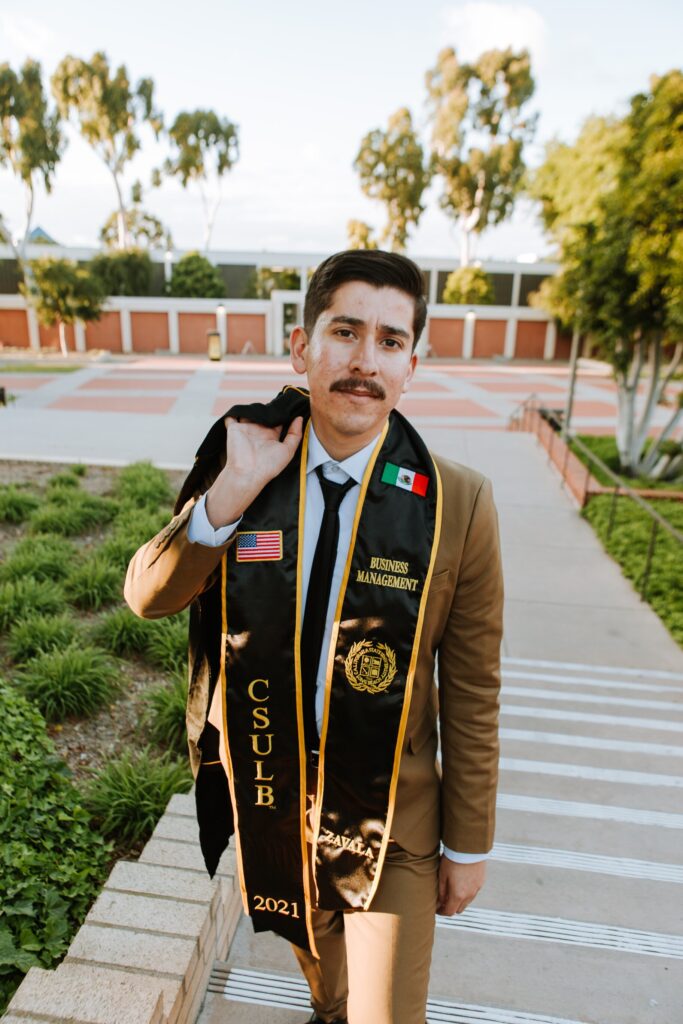
School has always been hard for me. I was never a great student, but I also wasn’t a bad one either. I was placed on the college path through high school readiness programs, like AVID and after-school mentorship programs. However, I didn’t realize the extent of my disadvantages until I became more aware of intersectionality and concepts related to identity in the U.S. As a first-generation and low-income student, I lacked resources and had limited opportunities to set me up for academic success in college. I arrived at college not knowing how to study or write college essays. This resulted in low grades I received in almost every class. I navigated college on my own. This meant that I had to find the initiative within me to seek mentors who could guide me through class selection and my major declaration. It felt like I played catch up throughout most of my college career, which I think is a factor that led to the development of imposter syndrome and anxiety. I remember needing more guidance, but I didn’t know exactly what to look for or what direction to go in. I also felt a lot of shame for not knowing what I thought I should know. As a first-generation college student, there’s this feeling of navigating systems in the dark that can bring up questions like “how are we supposed to know what we need if we don’t know?”
One of the most traumatic and infuriating parts of academia has been my experience with feeling culturally displaced. The cultural shift of coming from a traditional Mexican household to a white institution was the most shocking part of all. Parts of my Mexican identity became lost and/or changed and there was a growing disconnection with my family of origin. There was a lot of emotional grief from this shock and I am still working to unpack parts of the trauma that I experienced, but the best way I can describe this experience is through psychological conditioning. Through academia, it feels like I became conditioned to lose parts of my ethnic identity in order to acclimate to an oppressive system. In other words, I think folks of color are often forced to shed their ethnic identity to survive an oppressive institution.
Now that I am out of school and a working professional, I am fully aware of the many barriers that most non-traditional students face in academic and professional settings. Especially when there are multiple intersecting and oppressed identities. Identifying these barriers can be challenging because in the moment it can seem like just an everyday struggle, however, multiple forces are working against each oppressed identity (and circumstance) that can make it more challenging to move forward in academic/professional spaces. All this is to say that we need more non-traditional students in academic settings, in leadership roles, and just in every aspect of society. We need more representation and most of all we need to support each other as we learn to dismantle oppressive systems in the U.S.
If this post resonates with you and you find yourself in similar situations involving academic or professional spaces, here are a few tips/suggestions that have helped me survive:
–Seek out support from a therapist or friends. It’s important to talk about your experiences with someone you trust. A lot of the time it can feel like “it’s in our head,” but I think reaching out to someone you trust to listen and validate your experiences can be extremely healing.
— Build community. One of my professors once told me, “you need to find your people,” she meant I needed to find relationships with people to who I could relate. I highly recommend finding a group of peers who can understand you and your journey.
— Find inclusive spaces (i.e. identity inclusion centers) and utilize their resources and become involved. If your professional environment doesn’t have an open space to talk about BIPOC experiences, try advocating to create a space where BIPOC (and other oppressed groups) can connect and share their experiences.
–Find tutors, mentors, and academic advisors that can understand you without judgment. Reach out and be open to receive guidance.
–Read scholarly authors, i.e. Audre Lorde, Gloria Anzaldua, and Ibram X Kendi (just to name a few). I found that reading BIPOC authors has helped me develop a stronger sense of identity. Through readings, I’ve learned to name my struggles and identify my position in society at different stages in life.
Ruth is a first-generation and proud daughter of Mexican immigrants. She received her Master’s in Social Work from the University of Chicago and completed her B.A. in Psychology at UC Santa Cruz. Ruth grew up in low-income communities in Santa Monica and Inglewood. From a young age, Ruth became fully aware of the social inequality in Los Angeles neighborhoods. Her and her family experienced limited access to essential resources, including mental health services. Because of her experiences, Ruth is motivated to fight the mental illness stigma and bring awareness on mental health to the Latinx community. She is passionate about social justice, mental health, and education. Ruth hopes to contribute to psychosocial by sharing her experiences as a first-generation Latinx from the community.
-
This author does not have any more posts.

